
|
Broadcast Date
|
|
Episode Title |
Episode # |
Release # |
|
Apr 25, 2024
|
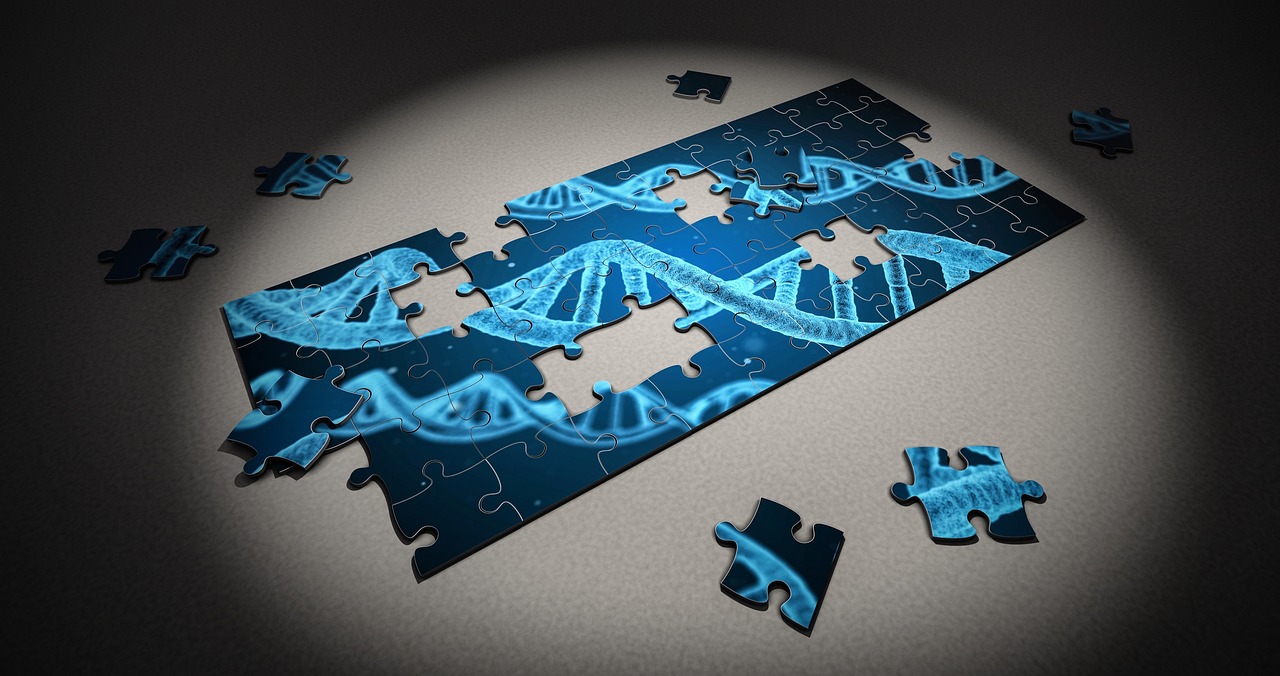
|
More Ouchless Vaccines |
910 |
209 |
|
Apr 16, 2024
|

|
Your Genes and Cannabis |
909 |
209 |
|
Apr 9, 2024
|
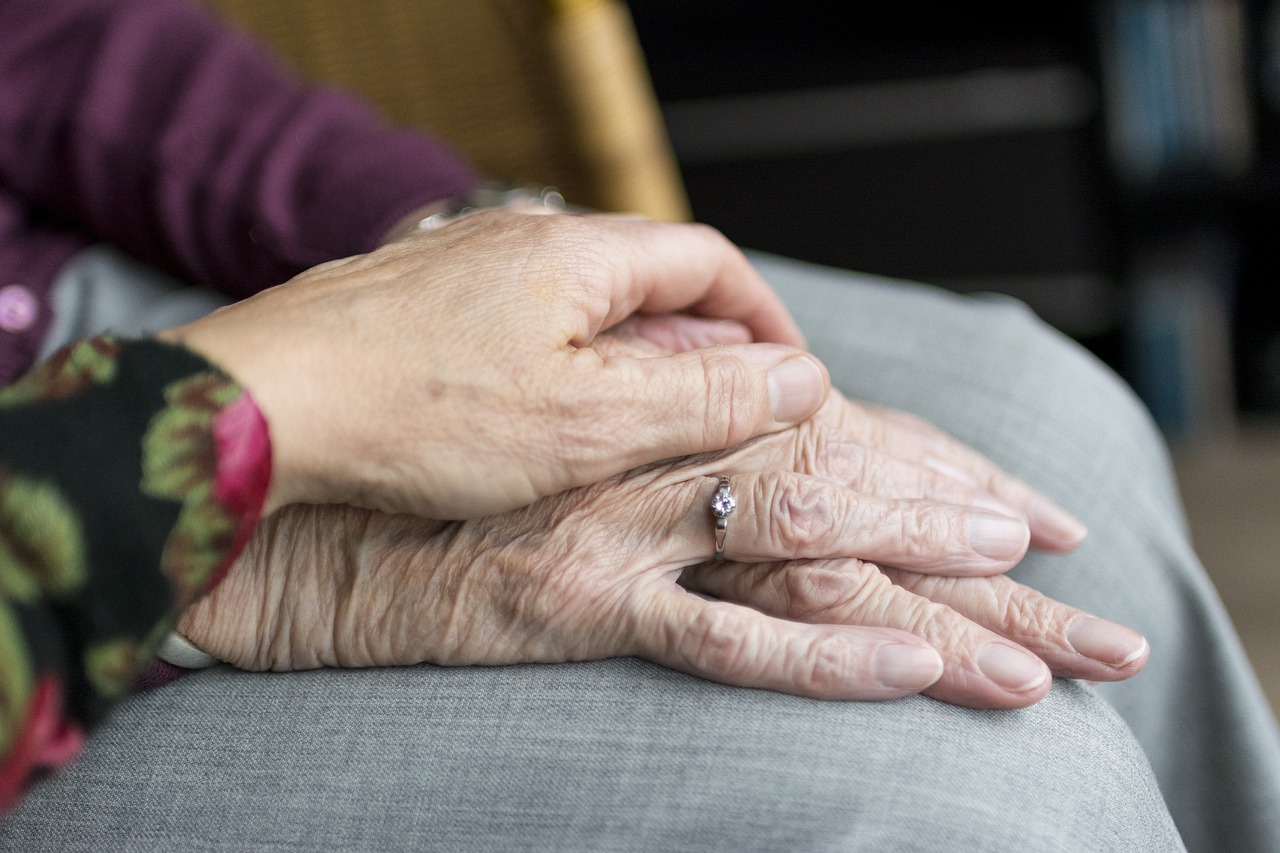
|
Life Expectancy – We Have Come a Long Way |
908 |
209 |
|
Apr 4, 2024
|

|
Brain Atlas: A New (R)evolution for Neuroscience |
907 |
209 |
|
Mar 26, 2024
|

|
The Biggest Little Name in Medicine |
906 |
208 |
|
Mar 19, 2024
|

|
It's Not Just Global Warming |
905 |
208 |
|
Mar 12, 2024
|
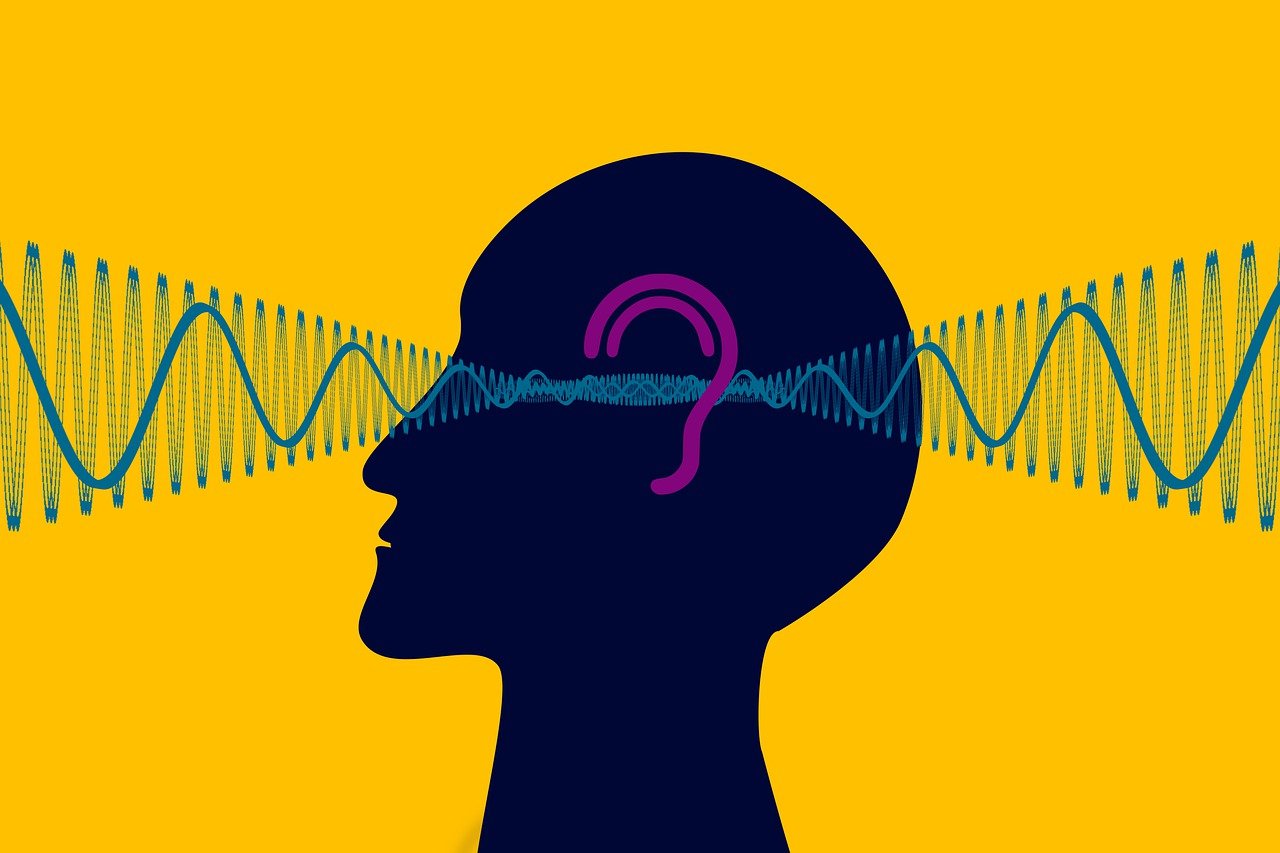
|
Wow, It Is Noisy In Here |
904 |
208 |
|
Mar 5, 2024
|
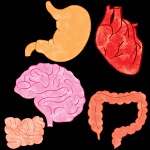
|
Keeping organs for transplantation on the shelf |
903 |
208 |
|
Feb 27, 2024
|

|
Civil War Iodine |
902 |
207 |
|
Feb 20, 2024
|
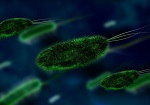
|
Bacteria as a GPS Beacon for Tumor cell Therapy |
901 |
207 |
|
Feb 13, 2024
|
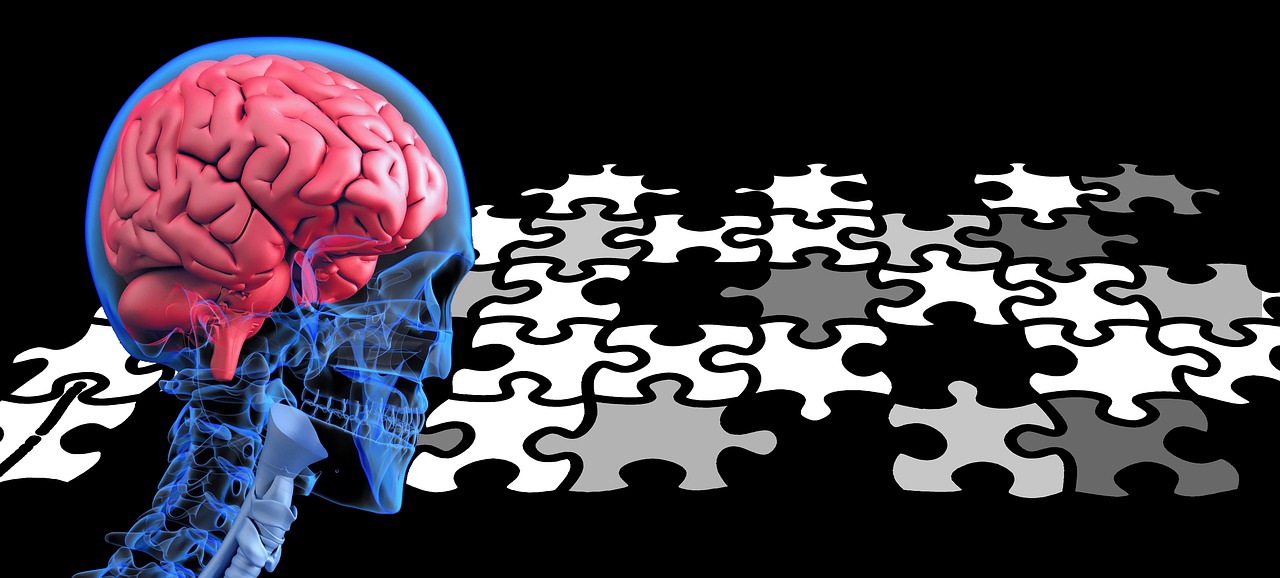
|
Calcineurin Inhibitors and reduced incidence of Dementia |
900 |
207 |
|
Feb 6, 2024
|

|
Now A RA Vaccine |
899 |
207 |
|
Jan 30, 2024
|
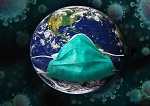
|
Another COVID Controversary |
898 |
206 |
|
Jan 23, 2024
|

|
Oetzi Revisited Again |
897 |
206 |
|
Jan 16, 2024
|

|
Chickgungunya A Mouthful that is Spreading |
896 |
206 |
|
Jan 9, 2024
|
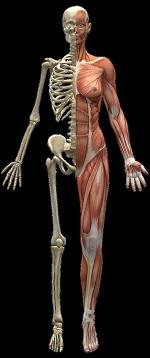
|
A Gene Therapy for DMD |
895 |
206 |
|
Jan 2, 2024
|

|
The Woman Behind the PAP Smear |
894 |
206 |
|
Dec 26, 2023
|
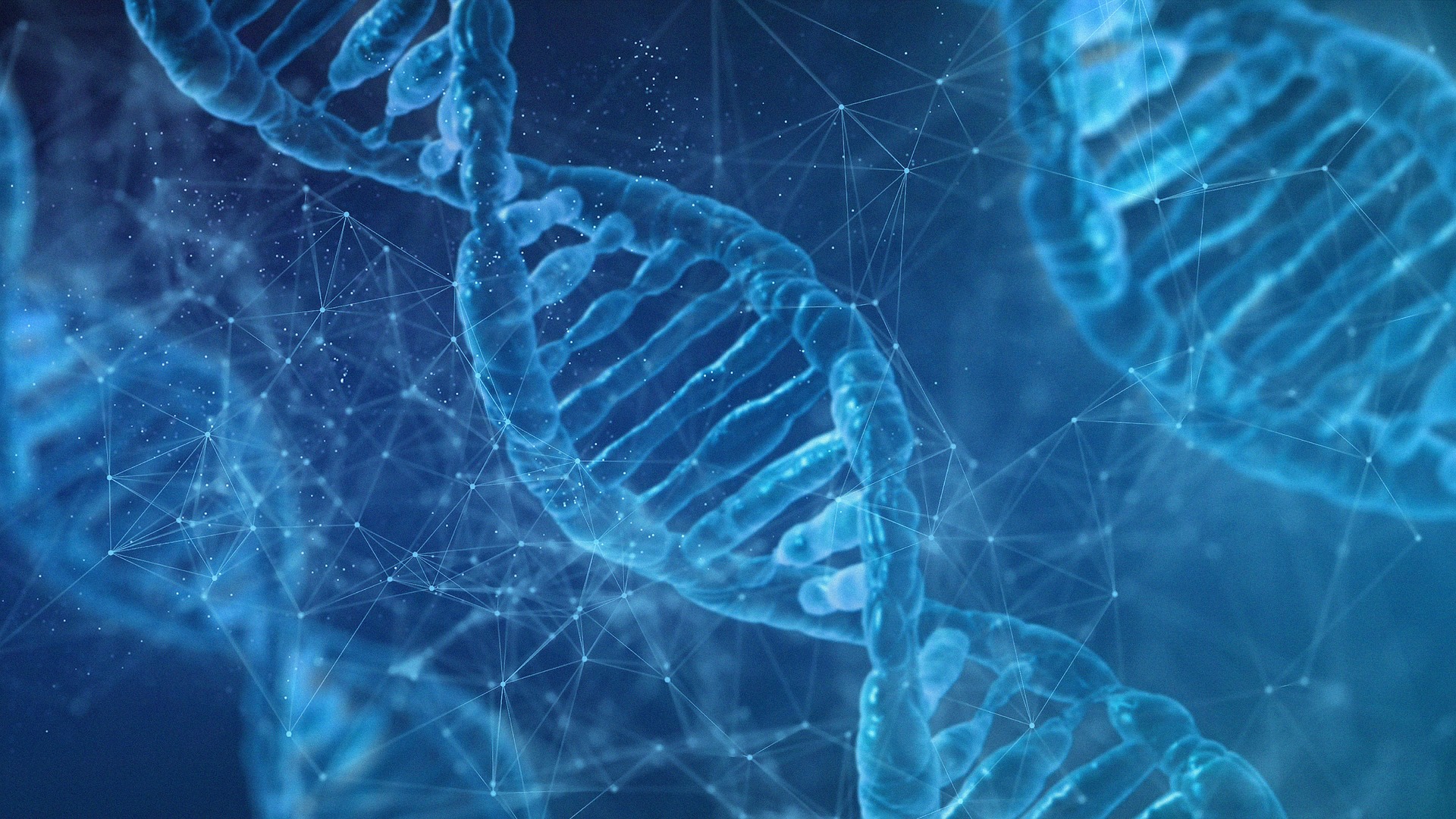
|
Here, There and Everywhere |
893 |
205 |
|
Dec 20, 2023
|

|
AI and New Antibiotics |
892 |
205 |
|
Dec 13, 2023
|

|
A New Tuberculosis Vaccine -Finally |
891 |
205 |
|
Dec 6, 2023
|

|
The Watson-Crick Nobel: Was Someone Left Out? |
890 |
205 |
|
Nov 29, 2023
|

|
Re-growing Limbs, Organs on Horizon |
889 |
204 |
|
Nov 22, 2023
|

|
Climate Change Drives NewApproach to...Drugs |
888 |
204 |
|
Nov 14, 2023
|
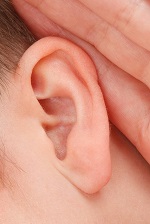
|
I Hope I Hear You Now |
887 |
204 |
|
Nov 7, 2023
|

|
The Next Pandemic |
886 |
204 |
|
Oct 31, 2023
|

|
Space Hibernation for Real |
885 |
203 |
|
Oct 25, 2023
|

|
Frontier Illness Solved by Mid-Wife |
884 |
203 |
|
Oct 17, 2023
|

|
A New Lipid Test for Heart Disease |
883 |
203 |
|
Oct 10, 2023
|
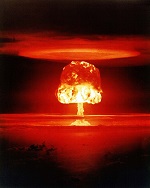
|
It Didn't Pay to be Down Wind |
882 |
203 |
|
Oct 3, 2023
|

|
How Much Water is Enough |
881 |
203 |
|
Sep 26, 2023
|

|
A Vaccine in the Fight against Pancreatic Cancer |
880 |
202 |
|
Sep 20, 2023
|
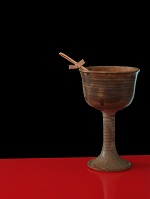
|
Pursuing the Holy Grail |
879 |
202 |
|
Sep 13, 2023
|
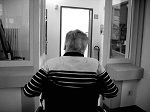
|
A Mutation Protection for Alzheimer's |
878 |
202 |
|
Sep 5, 2023
|
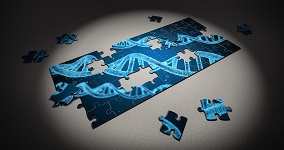
|
A Gene That Drives Colon Cancer |
877 |
202 |
|
Aug 30, 2023
|

|
Was It a Mummy's Curse |
876 |
201 |
|
Aug 23, 2023
|

|
Death and the Brain |
875 |
201 |
|
Aug 16, 2023
|

|
Reading Your Mind-Literally! |
874 |
201 |
|
Aug 9, 2023
|

|
Something surprising in infants diapers |
873 |
201 |
|
Aug 2, 2023
|

|
AI as a Tool for New Therapeutics |
872 |
201 |
|
Jul 26, 2023
|
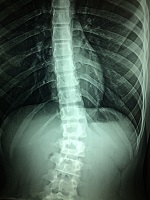
|
Dancing Molecules Might Restore Your Dancing |
871 |
200 |
|
Jul 18, 2023
|

|
Sleeping and Pain |
870 |
200 |
|
Jul 11, 2023
|

|
Finally a Male Pill |
869 |
200 |
|
Jul 5, 2023
|

|
Sleeping and Pain |
868 |
200 |
|
Jun 28, 2023
|

|
Alphabet Soup of Respiratory Infection |
867 |
199 |
|
Jun 21, 2023
|

|
ChatGPT: Transforming Healthcare |
866 |
199 |
|
Jun 14, 2023
|
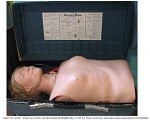
|
The Face That Saved Millions |
865 |
199 |
|
Jun 6, 2023
|
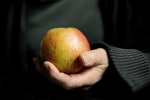
|
Caloric Restriction Slows Aging |
864 |
199 |
|
May 30, 2023
|

|
All the Genes That Make You Tall or Not |
863 |
198 |
|
May 24, 2023
|

|
Fasting in a Pill |
862 |
198 |
|
May 17, 2023
|
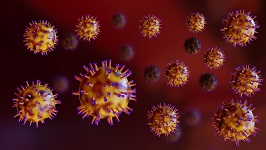
|
Stealth Viruses to Kill Cancer |
861 |
198 |
|
May 9, 2023
|

|
Repairing the Brain |
860 |
198 |
|
May 1, 2023
|

|
Verge of the Fountain of Youth |
859 |
198 |
|
Apr 24, 2023
|

|
Drugs to Reduce Heart Attacks and Strokes |
858 |
198 |